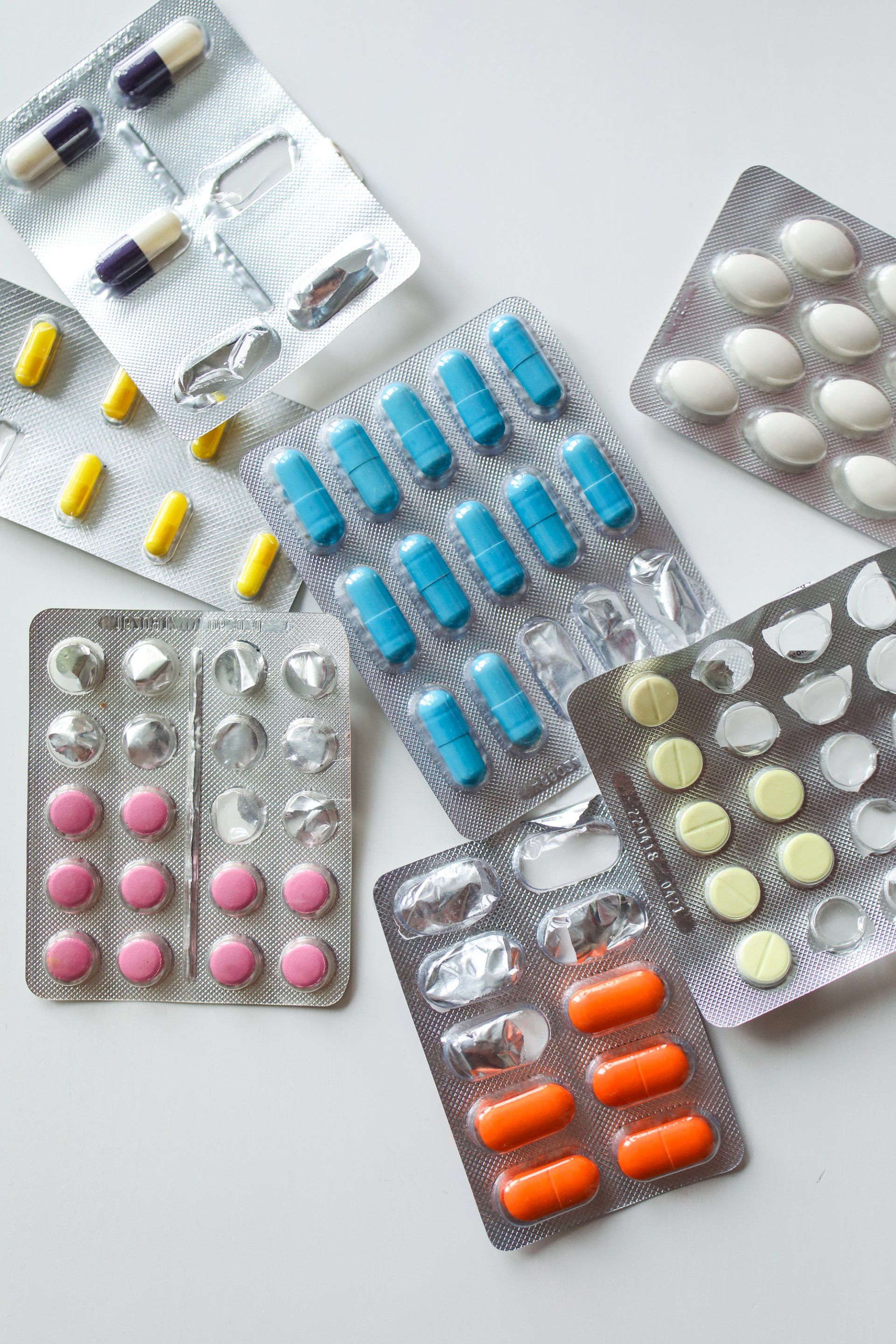Microdosing Psychedelics: Hope or Hype?
Is this simply a placebo effect?

The term "microdosing" refers to taking tiny amounts of psychedelics, well below the dose required for a typical psychedelic experience. It has become fairly common; hundreds of thousands of individuals microdose each year. By far, the most common drugs used are LSD and "magic" mushrooms containing psilocybin.
The reported benefits of microdosing include improvements in one's overall sense of well-being, greater ability to focus, increased energy level, improved mood, less anxiety, and increased creativity. With potential benefits like those, it is not a surprise that many are using psychedelics. Despite this use, to date, only a few controlled studies have taken place. And the findings of these studies don't seem to line up with the positive user experiences reported. A negative view is also consistent with some of the small but carefully controlled placebo studies, which suggest that most if not all of the effects are due to the expectancy effect. So what's going on? Is this simply a placebo effect?
The only way to separate the science from the hype is to take a closer look at the clinical studies that have been done, which I dive into in my book, The Promise of Psychedelics. Very recent peer-reviewed publications have also helped clarify this issue.
The positive data and its limitations
There have been several large studies based on users' self-reporting. However, when considering these results, a high level of caution is required. They are self-selected groups, often microdosing with a high level of expectation, and the results don't have a placebo-control group with which to compare. All of these things tend to make results more positive in general and also less useful for us to give advice.
Nonetheless, even recognizing these limitations, there are a lot of positive studies. For example, a 2018 study reported that nearly half of more than 1,100 microdose users self-reported improvements in symptoms of anxiety, depression, cognition, and creativity. Another study from 2019 included 410 individuals clinically diagnosed with a mental health disorder; participants reported better results from microdosing with psychedelics than from conventional treatments. A larger study from 2020, with over 6,570 participants, concluded that the benefits of microdosing outweigh the risks.
Recent microdosing studies
Three recent studies might help shed more light on this issue. Perhaps the most useful is a recent study from researchers in Canada and the Netherlands, published in June 2022 (Rootman et al.), in which the authors followed 953 psilocybin microdose users for 30 days and compared them to 180 non-microdosing controls. They found some mild-to-moderate improvements in both mood and mental health. While not a true placebo-controlled study, this was prospective and controlled, so we can give some weight to the findings.
This approach is also supported by a recent review published in May 2022 (Polito and Liknaitzky), which systematically reviewed over 65 years of research on low-dose psychedelics, including both laboratory and placebo-controlled studies. The researchers "argue that claims that microdosing effects are largely due to expectancy are premature and possibly wrong."
Another recent study, published in June 2022 (Sanz et al.), suggested that one issue is that microdosing studies use measures better suited for much higher doses. Subtle changes may not be picked up, which is what they found in their study. It was a small study (only 34 individuals) but well controlled, using a placebo and measuring natural speech. They concluded that there were real changes in speech and that it was not all placebo.
Reasons for hope
There is an increasing knowledge base of scientific evidence to support possible benefits mostly based on detecting the impact of psilocybin and other similar psychedelics on activity in the default mode network of the brain, brain changes in key areas ("neuronal plasticity"), impacts on nerve growth ("neurogenesis"), increases in connections between nerves ("synaptogenesis"), and a better understanding of the receptors involved (5HT2A, glutamate, etc.).
Reasons for caution
While there are reasons for hope, but many issues remain. There is still not much convincing evidence about when microdosing ought to be used, the best drug to use (although it is likely to be psilocybin-based), the best dose, how frequently it should be used, and if this is a short-term and/or longer-term benefit.
In line with these hesitations, a placebo-controlled study of low-dose LSD from March 2022 (de Wit et al.) did not find any meaningful benefits on mood or task performance in healthy volunteers. Similar negative findings in volunteers were reported in a placebo-controlled study with psilocybin in January 2022 (Marschall et al.).
Additionally, caution is also required in terms of the potential underlying changes found in the neuroscience research since the effects of either short-term or longer-term psychedelic use remain uncertain, and researchers don't know how this may change with different doses.
A final note of caution: Psychedelics are more effective when combined with appropriate therapy, using the so-called psychedelic-assisted psychotherapy approach, but the role of therapy in microdosing is uncertain.
Microdosing and the treatment of mental health
So what is the takeaway? Overall, the balance of evidence suggests that microdosing may have mild-to-moderate benefits for patients with some disorders. However, the level of uncertainty at this time is such that psychedelics cannot be clinically recommended, although with more research in the next few years, this may change, and it may become an accepted treatment for certain conditions.
About the author
Peter Silverstone M.D. is a physician, neuroscientist, entrepreneur, and author focused on designing and implementing new solutions to prevent and treat mental health disorders. He is a professor in the Department of Psychiatry at the University of Alberta where he recently served as interim chair, as well as chief executive officer and founder of Zylorion Health.



